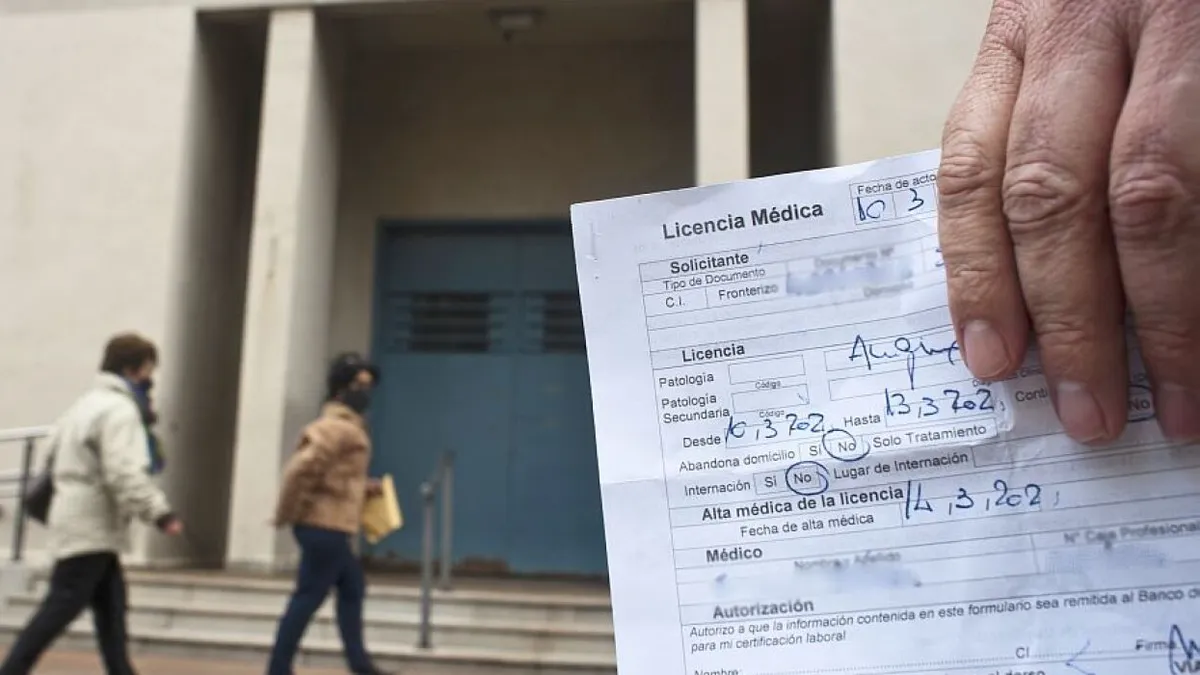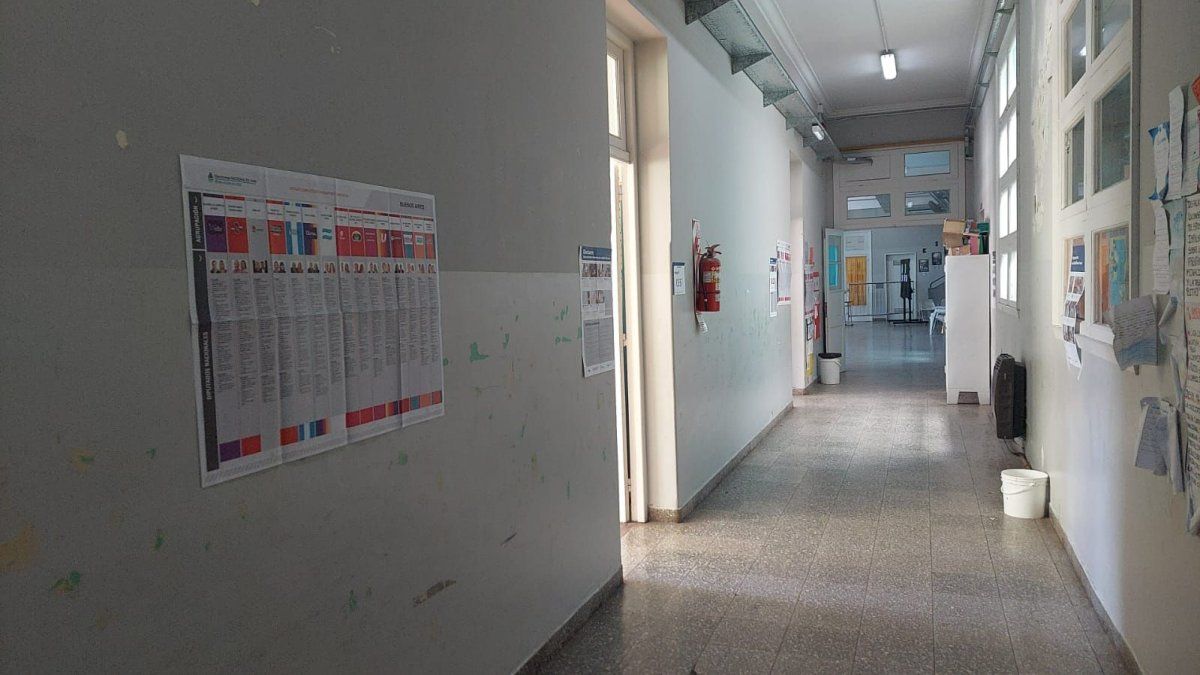The government will receive a delegation from the Confederation of Organizations of State Officials (COFE) to defend the new medical leave scheme for the Public employees in Uruguay after the union declared itself in pre-conflict before the announced start of the application of the new system.
He new medical leave regime generated conflict among public employees from the moment of its announcement, at the end of July of last year. The implementation of only nine working days for illness or accident with 100% salary coverage per year – and a subsidy of 75% or 100% starting on the tenth day – was not well received among workers who even gathered signatures against the initiative. .
However, the authorities announced that, starting this Wednesday, the new regime will begin to be applied in a phased manner, starting with the Presidency of the Republic and then spread to other State offices. Added to this was also a salary adjustment lower than expected by the unions, which created a scenario of conflict with COFE that could culminate in a unemployment 24 hours with occupation of workplaces.
Given this, the Ministry of Economy and Finance (MEF) and the Ministry of Labor and Social Security (MTSS) They will meet today with a delegation from the public employees union to resolve both fronts of conflict, with an initial position of defending government decisions.
The government’s perspective
In this regard, the head of the MTSS, Pablo Mieres, He explained that the objective of the meeting with the COFE delegation will be to “clarify” the positions of the parties and “bring closer positions.” According to what he told El País, the government will try to “lower the ball” to prevent the conflict from continuing to escalate.
In addition to the licensing regime, COFE points out that the adjustment decreed by the government for 2024 is less than what was agreed upon, given the announcement of a 5.4% increase that they will charge in February, when the expected percentage was 6.3%. The official argument is that the change is due to a modification in the inflation projection for this year made by the Macroeconomic Coordination Committee; while the union denounces a reduction.
For his part, Mieres maintained that “there is a component that they have not managed, but that is real, and that is that last year, when the salary was increased on January 1, 2023, it was increased by a inflation expectation which was 1.5% higher, and they don’t say that. For this reason, public officials recovered the purchasing power last year,” highlighted the Minister of Labor, who added that “it is not that purchasing power is going to fall.”
In addition, he highlighted that “the public’s salary is above 2019, already since last year,” and added that “those things deserve an explanation and perhaps the mistake was not having spoken before.”
The expectations of the Executive Branch for the meeting are to “lower the level of disagreement” with public employees, “reduce the differences, in the sense of explanation” without proposals different from those that are already known and approved. “The important thing about the meeting is that we are going to put all the analyzes and information on the table,” Mieres insisted.
Source: Ambito




